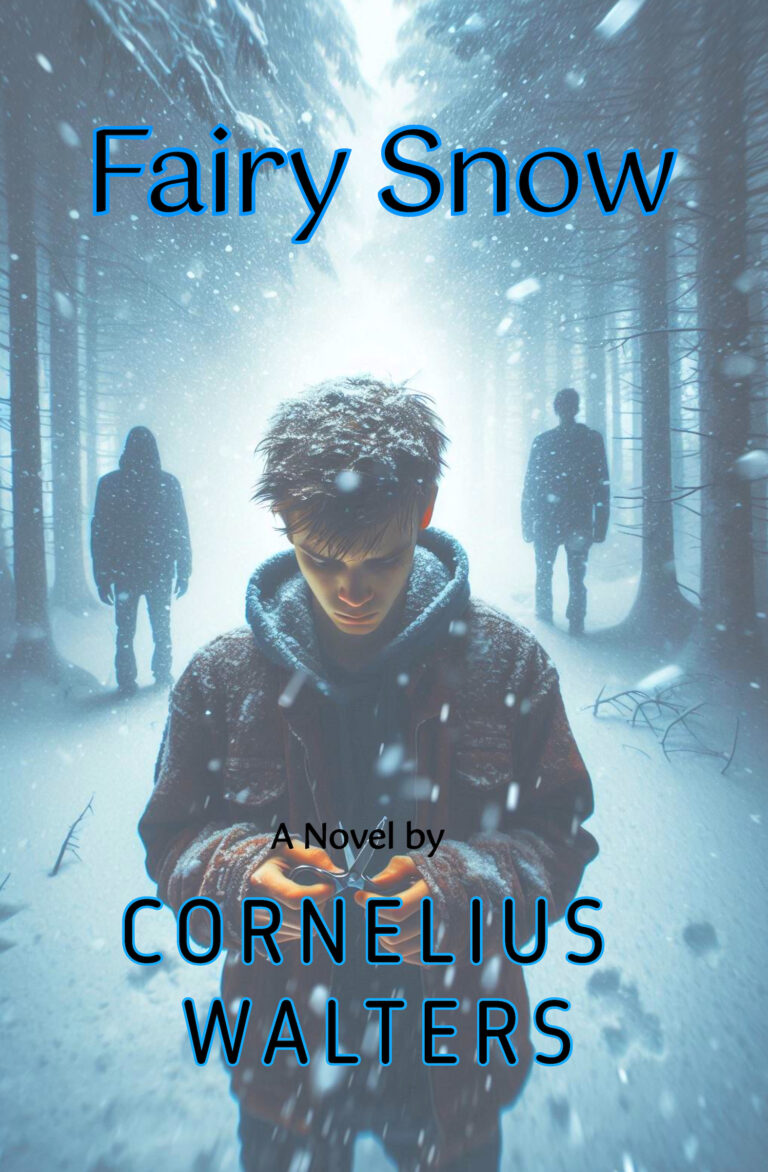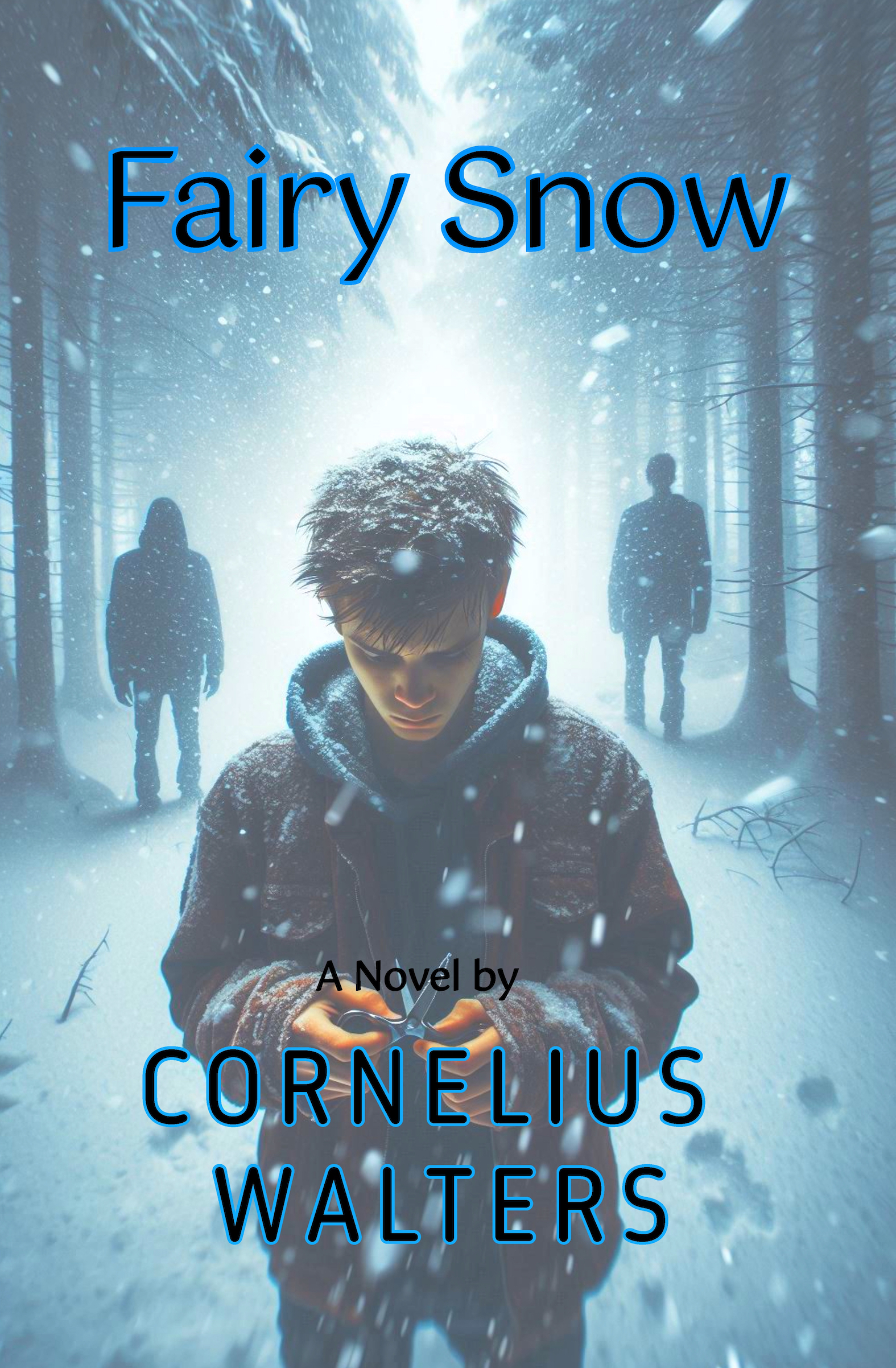Cornelius Walters’s FAIRY SNOW: A NOVEL is a thriller about Richie Williams, a child in upstate New York during the 1950s and 60s. He has an abusive, alcoholic father in denial about his dependency on the bottle and a mother haunted by the schizophrenia of her own mother. After a murder in his hometown goes unsolved, Richie resolves to become a detective—and to bring the perpetrator to justice.
The early chapters are heavy with exposition and tend to do a lot of telling (not showing). Later, the pace picks up, as do the descriptions: “this man who I loved sometimes” is a pithy, incisive way to express the mixture of emotions with which many children of alcoholics must view their parents’ proclivities and knock-on effects. That said, there are some very unwieldy constructions—as when the family finds Richie’s mother having a psychotic episode and are unable to “properly fathom the emotion for which there will never be words to reach its depth.” The typesetting presents issues, with multiple punctuation errors usually involving misplaced or missing commas, semi-colons, and apostrophes. There are also a few comma splices and an apparent false start of a sentence on page 51.
The main drawback with the novel, however, is pacing. The cover blurb emphasizes Richie’s journey into detective work, but the murder that defines his career does not enter the narrative until over half of the story has gone by. The setting changes to the mid-2000s, the chapters shorten considerably, and we find Richie now a somewhat grizzled detective in Colorado. In the meantime, we get a coming-of-age story revolving around a shadowy boy called Matthew (whom Richie meets in the woods and with whom he goes hunting for birds and small game with a rifle), Richie’s complicated relationship with Catholicism, his puberty, and his loss of virginity. These elements can co-exist perfectly well with the main theme, but they occupy altogether far too much of the narrative and the emphasis on them almost buries the lede.
FAIRY SNOW’s greatest strength is its throughline. It is incredibly elegiac to see the adult Richie descending into dependency just as his father did; incredibly sad to hear him nicknamed “Dick” when we know he hates the epithet; and incredibly angering to see an abuse of power in plain sight. Regardless of its faults, that firmness of purpose makes FAIRY SNOW worth reading.
Cornelius Walters’s FAIRY SNOW: A NOVEL is a compelling mixture of coming-of-age story and murder investigation with a dark secret at its heart.
~Craig Jones for IndieReader


